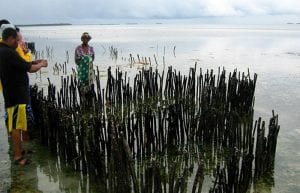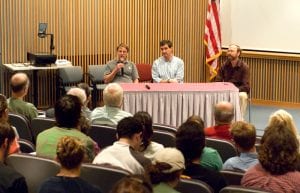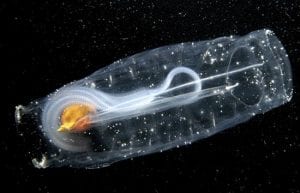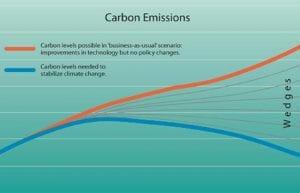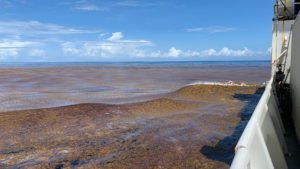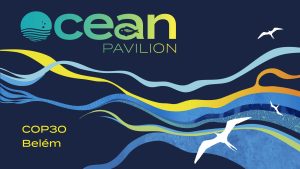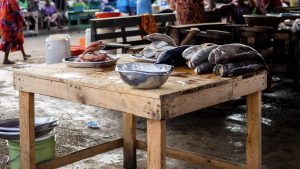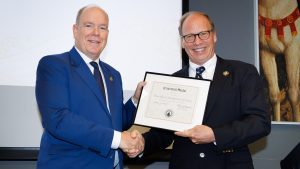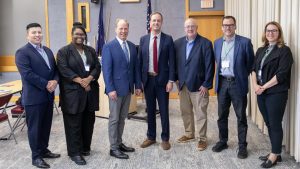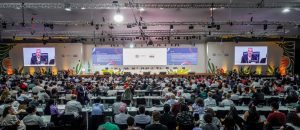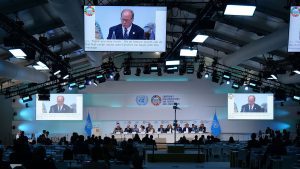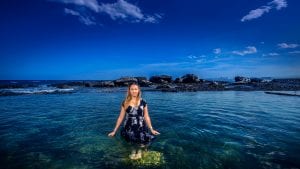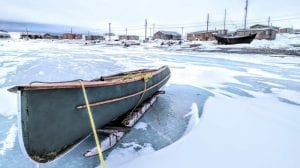Research Highlights
WHOI in the News
Viviane Menezes, a marine scientist at the Woods Hole Oceanographic Institute in Massachusetts, has described the Red Sea as being like a “big lagoon” with “everything connected.” An oil spill at any time of year would be disastrous, she says, but seasonally variable weather and tidal patterns make contingency planning difficult. In the summer, Red Sea currents would drag an oil slick south, threatening Eritrea and Djibouti, and potentially entering the Gulf of Aden. In winter, circular currents would swirl more of the oil north.
Scientist hopes his smart system can reduce ship collisions with North Atlantic right whales. A new technology on the horizon may help to reduce one of those threats, however.
By definition, science seeks to avoid bias, remain independent, refute falsehoods, and seek answers based on evidence, reason, and consensus. An editorial writen by Peter de Menocal and Richard W. Murray.
Oceanus Magazine
News Releases
WHOI led the study’s economic modeling and analysis, examining impacts across three sectors central to coastal economies: tourism, recreation, and fisheries.
Leading science institutions and partners highlight ocean–forest interconnection and the ocean’s role in global climate solutions at COP30
Developing countries pay less for the nutrition in seafood imports than developed countries
Award takes place at United Nations Ocean Conference, underscoring the need for global action in the protection of our oceans
Woods Hole is stop on state-wide climate innovation road show
News & Insights
Harriet Harden-Davies has spent more than 10 years working in the marine policy arena and is now aiding in major U.N. negotiations on laws governing the high seas


